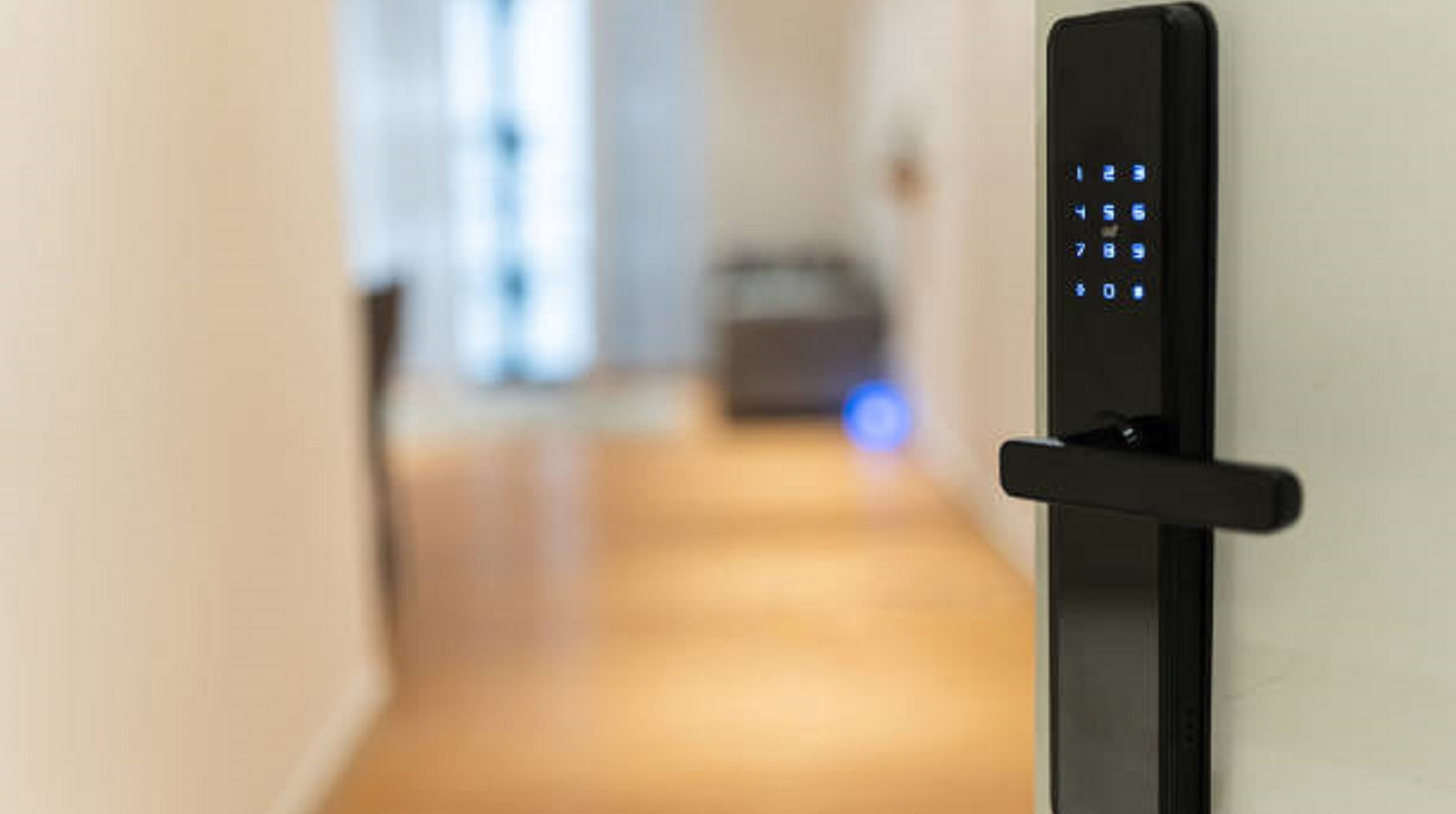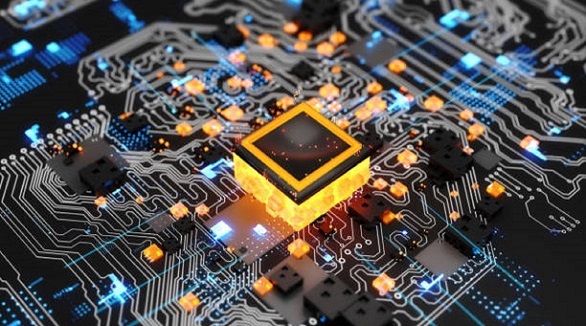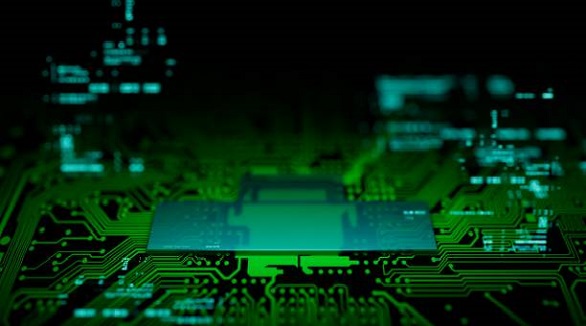How Smart Door Locks Enhance Home Security
Smart door locks advance home security with convenience and tech, utilizing PCBs for functions like connectivity and access, critical to smart home growth.
While technology keeps reworking the world outside, our homes have been getting increasingly intelligent, efficient, and secure. From the more tectonic changes in home automation is a smart door lock-a device straight out of new dimensions of this age-old method of keeping our spaces safe. Connectivity and convenience hooked together: these are smart door locks, devices which confer fundamentally additional advantages and novelty to their counterparts of traditional locks. This article looks at the technology used in smart door locks, advantages, how one should go about choosing, and what the future holds for the burgeoning industry.
An intelligent door lock is an electronically controlled locking mechanism that enables users to operate the locking of doors by different means: a smartphone app, a keypad, fingerprint scanner, or even voice. Connected via your home Wi-Fi network or using Bluetooth, these locks extend various remote access and management capabilities, along with enhanced security features beyond the convention.
Key Features and Advantages
Convenience and Accessibility: Smart locks don't require any physical keys. The house can be accessed through apps on the smartphone, keypads, and even biometric methods. This alone considerably reduces the chances of losing keys or locking oneself out. Full integration with smart home systems, like Amazon Alexa or Google Assistant for voice control, is possible with many smart locks.
Remote Access and Management: It features control and monitoring abilities in regard to access remotely. Whether you're out to work or on your vacation, the ability to lock and unlock your door, grant access to guests temporarily, or get alerts as to who has entered and is leaving your house from your phone sounds pretty enticing.
Improved Security: Smart door locks have high security features, including two-factor authentication, encryption of information, and automatic locking for extra security. Unlike traditional locks, some of the smart locks can log time for entry and exit, which might allow homeowners to monitor activities.
Customizable Access: The owner can assign different access to different users and control who can enter at what time. This feature is really useful for those hosts on Airbnb or homeowners who hire some services like cleaning or dog walking.
Integration with Other Smart Devices: Most smart locks work effectively with other smart devices within your home to further automate and make things easier for you. For example, you might set your lock to automatically unlock as you approach your smartphone or lock the door once you've armed the security system.

Considerations When Choosing a Smart Door Lock
Compatibility: Allow the smart lock to be compatible with the existing door and deadbolt. Some locks may require specific door thicknesses or types of latches.
Power Source: Most smart locks are powered by batteries. It is important to consider battery life and have a backup, such as retaining a physical key for emergencies or ensuring the lock sends alerts for low batteries.
Connectivity: Whether you're getting a Wi-Fi, Bluetooth, or Z-Wave-connected lock-all depend on how your home is set up and through which medium you will use to keep it controlled.
Security Features: Know what sort of security features the lock would offer-encryption, alerts against tamper detection, and firewalls.
Installation Ease: Some smart locks require professional installation, whereas others permit owners to do it themselves. Comfort and expertise level with DIY projects should be considered.
The Future of Smart Door Locks
As the smart door locks become more central in home security, innovation in the field is very likely to keep going fast. Future development might include
Biometric Enhancements: Higher forms of biometrics include facial or behavioral recognition for common use in providing access that is even more secure and personalized.
Artificial Intelligence: AI could also provide further security enhancements by learning habits and activities of the homeowner in order to alert them against unusual activity or changes in usage patterns.
Energy Harvesting Technology: Energy-harvesting technologies that create power from normal use of the mechanism will reduce or possibly eliminate battery replacements in smart locks of the future.
Smart City Integration: Smart locks in the future will integrate into the greater networks within the smart city environment, providing enhanced capabilities for neighborhood security collaboration and community access features.
PCBs in Smart Door Locks
The central constituent of any intelligent door lock is a complex Printed Circuit Board that acts as a central control. The PCB will integrate all necessary electronic components for the functionality of the smart lock, such as microcontrollers, sensors, connectivity modules, and power management systems. When designing smart door locks, attention should be given to making the PCB compact, efficient, and reliable.
For example, PCB thickness and layer count determine the performance of the lock in such vital ways that factors such as material choices, added to electrical performance in a PCB, have a direct impact on the responsiveness and reliability concerns of the device in question. Besides, thinner PCBs allow for light, compact form factors that many of today's smart lock designs demand.
Further complex PCB integration in the advances of smart lock technology will be adding face recognition or improving power efficiency with energy harvesting circuits. The key to understanding the intricacies of such a design process will lie in leveraging those advancements for added value and security to functionality in smart door locks.
Smart door locks revolutionize the way people think about home security by combining convenience, accessibility, and advanced technology in a single device. As this industry is growing, benefits and features of smart locks are going to evolve, offering the homeowner increasingly sophisticated ways of securing their homes. Compatibility, connectivity, and security features are some of the important factors to consider when choosing a smart door lock to ensure it will meet one's needs and provide the highest level of safety. These new advanced PCBs in these devices will be an enabler that is critical to their function, reliability, and future innovations. Someday soon, smart door locks may very well stand at the heart of the connected smart home and smart city ecosystems, enabling what may become the new face of home security.
Hot Tags:
Contact us

If you can't find what you're looking for, please contact us.
Article

Smart curtain controllers automate everyday curtain tasks, enhancing comfort, energy efficiency, and security, seamlessly fitting into smart home systems.

Smart lighting revolutionizes interactions with environments, enhancing control, efficiency, and personalization while promoting convenience, security, and sustainability.

Smart switches enhance home automation with features like voice control, remote access, and energy monitoring, using PCBs for efficiency and connectivity.